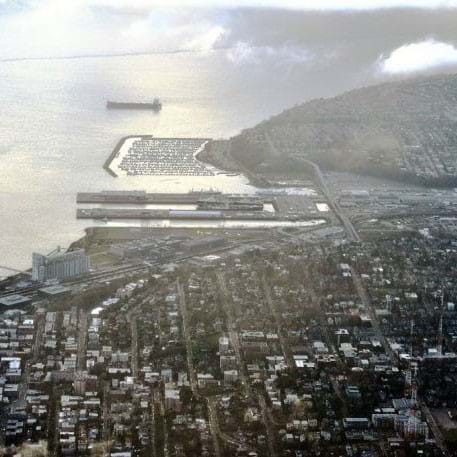
The Port of Seattle helps to study blue carbon restoration benefits
Blue carbon – the ability of marine plants to sequester carbon from seawater and transfer it into sediment – will be the focus of new research involving the Port of Seattle. The port’s commissioners have approved agreements with the Washington State departments of Ecology and of Natural Resources for its Smith Cove Blue Carbon Project.
The pilot project aims to evaluate how well transplanted kelp and eelgrass off Smith Cove Park’s shores can sequester carbon to reduce the ocean acidification linked to carbon concentrations. Marine scientists and port officials are using the study to evaluate techniques to restore and improve critical aquatic habitat in urban bay areas.
Initially encompassing a 25-acre (10-hectare) area, the project is part of a regional inter-agency effort to evaluate how six different sites may benefit the Salish Sea’s ecological health. Data collection is scheduled to start this summer or autumn. The Department of Natural Resources is responsible for monitoring water quality, seawater acidity (pH) and shellfish survival, as well as maintaining/repairing water quality sensors and other onsite equipment.